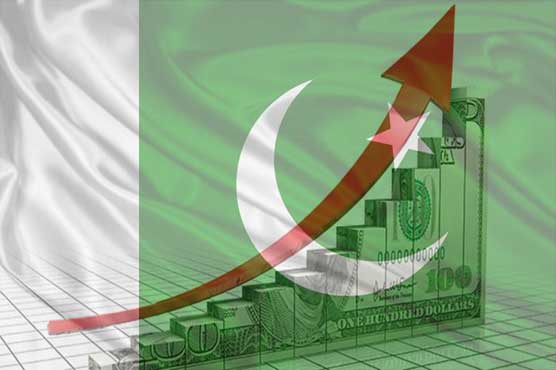
ISLAMABAD: Pakistan’s next government will face myriad challenges, from unsustainable population growth to simmering extremism, all complicated by the decades-long tussle between civilian and military leadership.
No matter who is voted into office Wednesday, the new rulers will have to make hard choices, and quickly.
Here is a rundown of the biggest hurdles Pakistan is facing:
Economy
Pakistan’s next government faces growing fears of a balance of payments crisis, with speculation mounting it will have to seek its second bailout in five years from the International Monetary Fund.
Exports such as textiles have taken a hit from cheaper Chinese-produced goods, while foreign remittances have also slowed
The central bank is burning through foreign exchange reserves and devaluing the rupee, including another five-percent dive this month, in a bid to bridge a widening trade deficit.
Pakistan, which has long relied heavily on imports, increased its procurement of materials to help build a string of Chinese-backed infrastructure projects under a multi-billion-dollar investment package with Beijing.
The terms of the projects are opaque, leading to fears about Islamabad’s ability to pay for them.
The economy has also been stung by higher oil prices.
Meanwhile, meagre exports such as textiles have taken a hit from cheaper products by regional competitors, including China, while foreign remittances — a major contributor to the economy — have also slowed.
The winner of the election will have “limited time” to act, Fitch ratings agency warned earlier this month.
Population growth
Conservative Pakistan, with its limited family planning, has one of the highest birth rates in Asia at around three children per woman, according to the World Bank and government figures.
Pakistan has had a fivefold increase in population since 1960
That has led to a fivefold increase of the population since 1960, now touching 207 million, draft results from last year’s census show.
The boom is negating hard-won economic and social progress in the developing country, experts have warned.
To add to the problem, discussing contraception in public is taboo in Pakistan.
Analysts say unless more is done to slow growth, the country’s natural resources — particularly drinking water — will not be enough to support the population.
Water shortages
Pakistan is on the verge of an ecological disaster if authorities do not urgently address looming water shortages, experts say.
As well as combating extremism and managing delicate civil-military relations, Pakistan’s new government will need to urgently address water shortages to prevent a looming ecological disaster
Official estimates show that by 2025 the country will be facing an “absolute scarcity” of water, with less than 500 cubic metres available per person — just one-third of the water available in parched Somalia, according to the UN.
Pakistan has massive Himalayan glaciers, rivers, monsoon rains and floods — but just three major water storage basins, compared with more than a thousand in South Africa or Canada.
As such, surplus water is quickly lost.
Political initiative will be essential to building infrastructure to reverse the course of the impending crisis. There is also little in the way of public education on water conservation.





